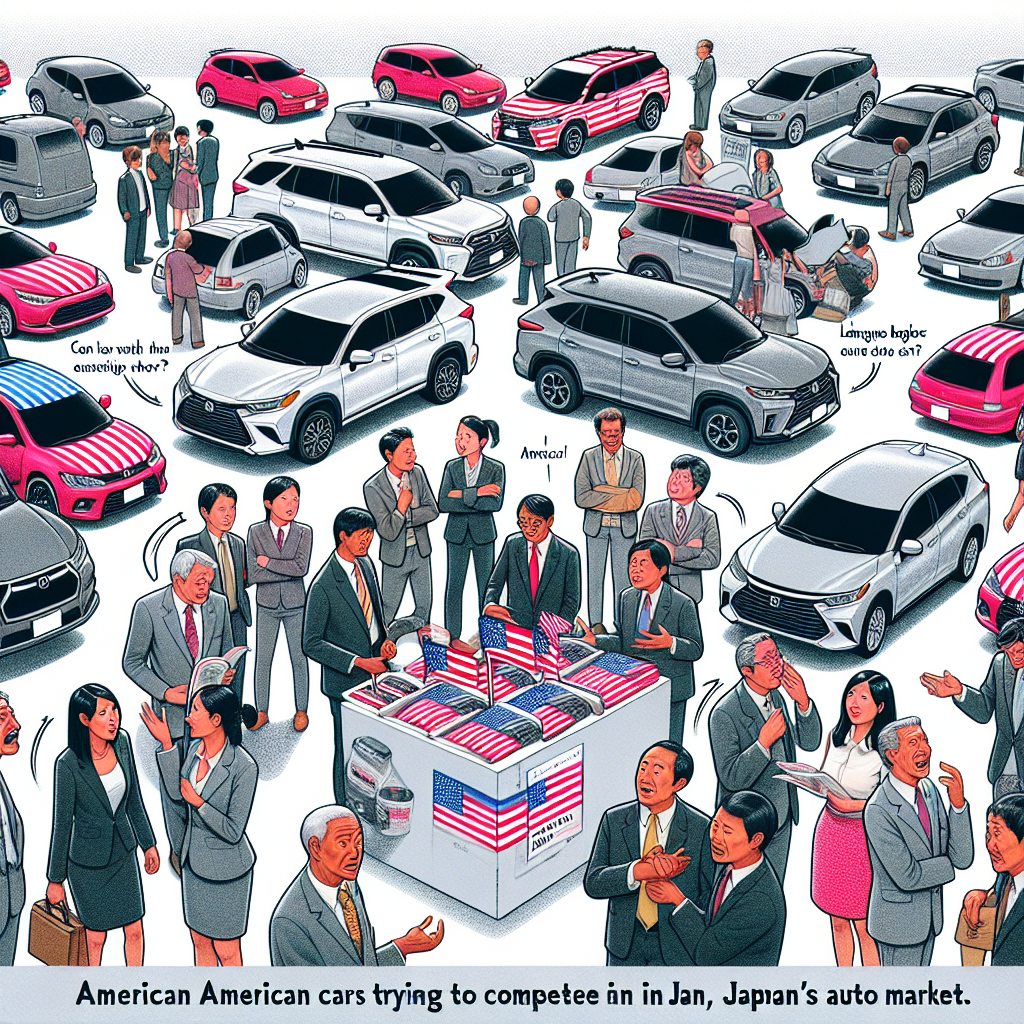Why American Cars Struggle to Compete in Japan’s Auto Market
Why American Cars Struggle to Compete in Japan’s Auto Market
Introduction
Despite being a global powerhouse in the automotive industry, American car manufacturers face significant challenges in penetrating Japan’s auto market. This summary explores the key reasons behind this struggle and highlights the unique dynamics of the Japanese automotive landscape.
Market Preferences and Consumer Behavior
- Compact and Efficient Vehicles: Japanese consumers prefer smaller, fuel-efficient cars that are well-suited to the country’s narrow roads and high fuel prices.
- Brand Loyalty: Japanese buyers often exhibit strong loyalty to domestic brands, which are perceived as more reliable and better suited to local needs.
Regulatory and Trade Barriers
- Stringent Regulations: Japan’s strict automotive regulations, including rigorous safety and emissions standards, can be challenging for American manufacturers to meet.
- Non-Tariff Barriers: While tariffs are low, non-tariff barriers such as complex certification processes and distribution networks pose significant hurdles.
Cultural and Economic Factors
- Cultural Preferences: Japanese consumers often prioritize domestic products, influenced by cultural pride and a preference for familiar brands.
- Economic Considerations: The high cost of ownership, including taxes and insurance, makes Japanese consumers cautious about purchasing foreign vehicles.
Conclusion
American cars face a multifaceted challenge in Japan’s auto market, driven by consumer preferences, regulatory hurdles, and cultural factors. To succeed, American manufacturers must adapt to local tastes, navigate complex regulations, and build strong brand recognition. Understanding these dynamics is crucial for any automaker aiming to establish a foothold in Japan.












